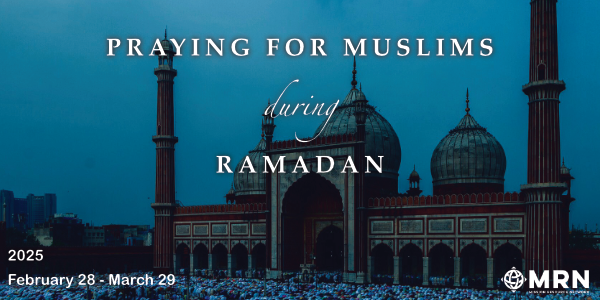Day 6
Yesterday we let Paul’s words shape how we prayed for Islamic people groups. Today let the words of one of our sisters in Christ, a worker in north Africa, shape your prayers for the Amazigh people.
The Amazigh, also known as Berbers, are the indigenous people of North Africa. They are a strong and proud people. The very name Amazigh is often translated to mean “free or noble men.”
The church was established among Berbers in the early centuries of Christianity, and some of the great North African church fathers were of Berber heritage. Early generations kept their Christian heritage in secret and outwardly submitted to Islamic rule. The symbolism of the cross can still be found throughout Amazigh architecture, designs on handmade carpets, and even tattoos on women’s faces. Today, however, they have no understanding of their Christian heritage.
Tunisia’s first president following French colonization, Habib Bourguiba (1957), worked hard to unify the country. Amazigh villages were traditionally fortified in strong mountain areas. Bourguiba incentivized the Amazigh to abandon their cultural identity in exchange for one “Tunisian Arab” identity. At first, he tried to build cities and communities down in the plains to force integration and to draw the Amazigh out of their strong mountain fortifications. When the Amazigh refused to comply, he burned their books, removed their language from schools, and worked to erase much of the culture.
So a narrow version of our prayer is that people will rediscover this heritage.
But we are also praying for people to engage this harvest as they are an isolated people group.
Join with me in praying for the Amazigh, friend, that they will uncover and build upon their ancient Christian heritage that predates Islam. Pray also that God would call workers to this isolated people group.
Andy

